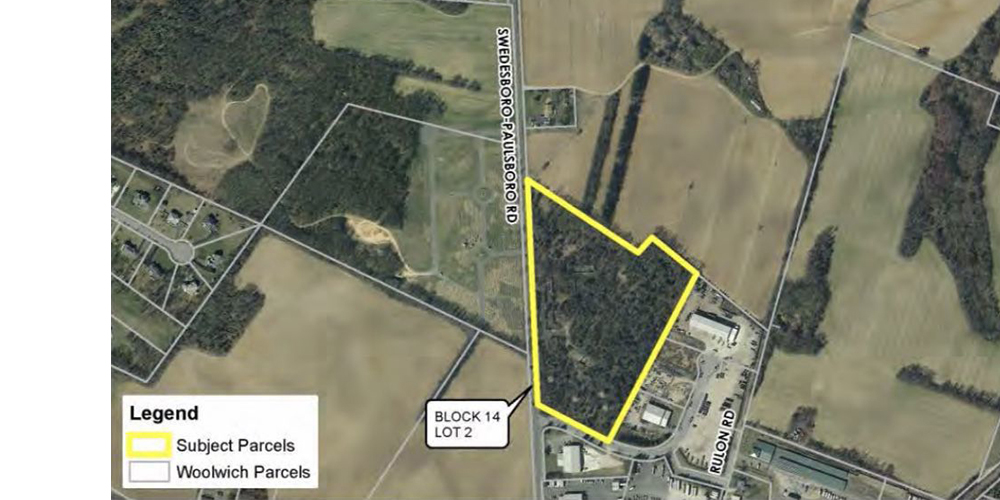WOOLWICH TWP. – In last month’s issue, I wrote about a PILOT program being designated for the Nike Base property on Paulsboro Road in Woolwich Township which is being developed into a warehouse distribution center. Many people were wondering what exactly a PILOT program was. Here is an explanation.
Several municipalities in our area utilize this strategy, including East Greenwich. The PILOT programs are usually designated for areas in need of development. In Woolwich, this is along Route 322.
The PILOT program, or Payment in Lieu of Taxes, is a program permitted by the state as a tool for municipalities to offer incentives to developers to invest in a municipality, according to Woolwich Township Mayor Craig Frederick.
Frederick stated that the funds from the PILOT program designated properties are often utilized for infrastructure costs such as installation of water and sewer and road construction.
Although the official ordinance approving the application for the PILOT Program for this property stated a “long term tax exemption”, Frederick explained, “A PILOT does not mean developers are exempt from paying taxes, rather instead of having their tax rate determined each year, the developers and municipalities negotiate a 30 year agreement, with increases over time either as a percentage of revenue or based on the building’s square footage,” he stated.
“The key aspect is that since redevelopment projects are often commercial in nature, there is no impact on resources for schools such that the township can utilize these payments for capital project [such as] parks and fire trucks without impacting residential taxes,” stated Frederick.
According to Frederick, Woolwich’s current tax breakdown for residential and commercial properties is as follows:
• 61% Paid to School (Kingsway and Swedesboro-Woolwich School Districts)
• 22% Paid to County
• 17% Paid to Woolwich
“This means that for all residential and commercial properties, the township only receives 17 percent of the yearly property taxes. With a PILOT program, 95 percent of the payment goes directly to the township, with the remaining 5 percent to the county,” he stated. Land taxes are still generally paid based on the tax breakdown noted above, he added.
According to Frederick, initial PILOT payments will first be used to pay bonds for the sewer project along Route 322 as well as incorporating it into the township’s operating budget. This has resulted, he stated, in a zero percent tax increase over the last two years, while still paying for the sewer bond and paying for increased costs and services.
By Karen E. Viereck, Editor/Publisher







